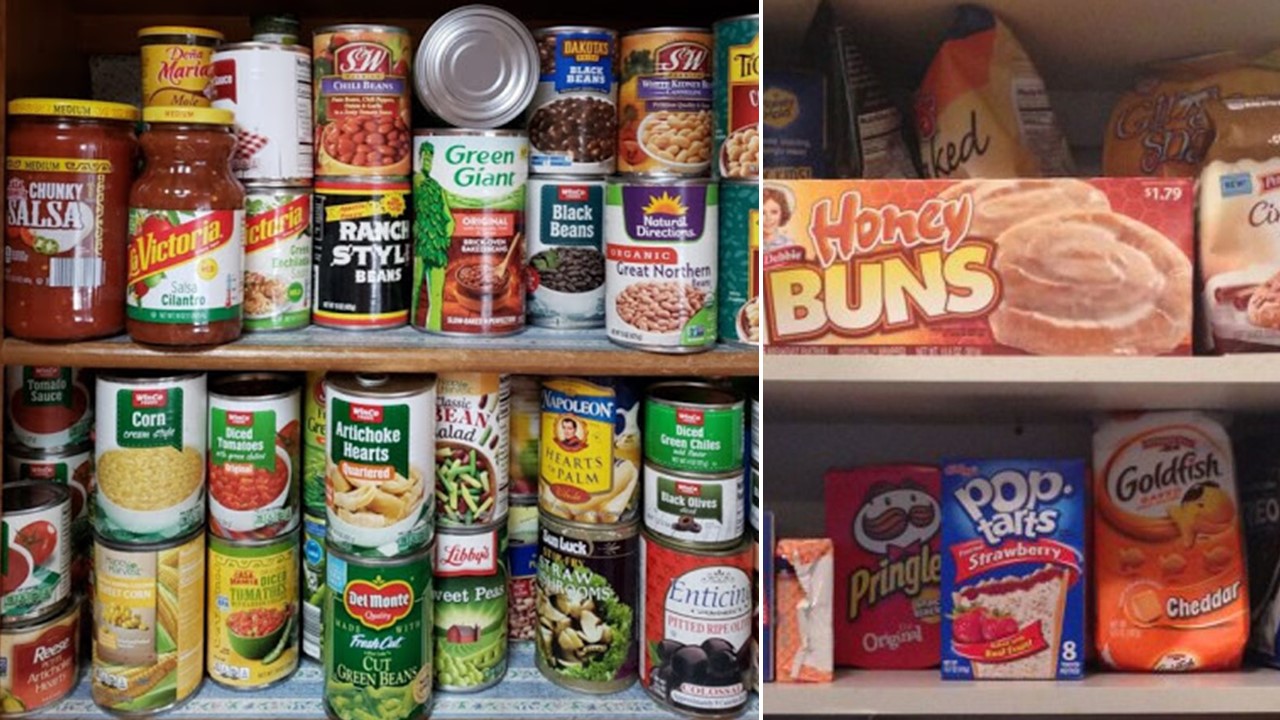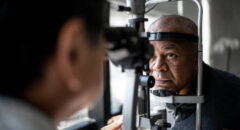 (BlackDoctor.org) The statistics are staggering. More than 18 million people–6 percent of the U.S. population–have diabetes. Of those, it is estimated that more than 5 million people don’t even know that they have the disease. And as if that’s not enough, the rate of diabetes among African-Americans has tripled in the last 30 years, with nearly 3 million African-Americans (11.4 percent of the total African-American population) current victims of the disease. Today, African-Americans are twice as likely to have diabetes as non-Hispanic Whites, and most likely to have complications from the disease.
(BlackDoctor.org) The statistics are staggering. More than 18 million people–6 percent of the U.S. population–have diabetes. Of those, it is estimated that more than 5 million people don’t even know that they have the disease. And as if that’s not enough, the rate of diabetes among African-Americans has tripled in the last 30 years, with nearly 3 million African-Americans (11.4 percent of the total African-American population) current victims of the disease. Today, African-Americans are twice as likely to have diabetes as non-Hispanic Whites, and most likely to have complications from the disease.
FACTS YOU SHOULD KNOW:
* Diabetes is the result of the body’s inability to produce or respond to insulin, a hormone that allows blood glucose (blood sugar) to enter the cells of the body and produce energy.
* There is an estimated 5 million undiagnosed people with diabetes in the United States.
* The disease kills nearly 200,000 Americans annually.
* African-Americans over 45, persons who are overweight and those who have a family history of the disease are most at risk.
* One in 4 African-American women over 55 and 1 in 4 African-American men between 65 and 74 are affected by diabetes.
* Medical authorities have not been able to fully explain why African-Americans are affected at a higher rate, although they believe factors such as heredity, diet and increased incidences of high blood pressure are contributors.
* Diabetic symptoms include frequent urination, excessive thirst, increased hunger and irritability, unexplained weight loss or weight gain, tingling in fingers and/or toes, nausea, fatigue and vomiting.
* Diabetes is one of the most manageable chronic diseases. In many cases, diabetes can be controlled if you eat well-balanced meals on a regular basis, exercise regularly, take prescribed medication (if necessary) and test your blood sugar routinely.
* Unlike most other diseases, the person affected with diabetes does most of the care.
* Inhaled insulin is expected to be widely available to treat those who would prefer that method to injection.
* Diabetes is the seventh-leading killer in the United States and the No. 1 disease causing blindness, kidney ailments and non-traumatic amputations.
* Diabetes is the country’s second most-costly disease, behind mental disorders.
* Manufacturers have created glucose-monitoring systems that require a smaller blood sample, making living with diabetes more comfortable because there is less pain associated with the test.
WHAT TO DO IF YOU ALREADY HAVE DIABETES:
The most important thing to remember about diabetes is that much of your health is in your hands. Under the best circumstances, you should be receiving your care from a team that includes an eye doctor, nurse and a dietitian. If you have ether compilations, your doctor may send you to other specialists, including a podiatrist.
YOUR DOCTOR OR TEAM SHOULD ROUTINELY:
* Ask what adjustments you’ve made to your diabetes care plan.
* Make sure you have an appropriate diet and exercise plan.
* Ask what problems you’ve had in following your plan.
<P style=”M








